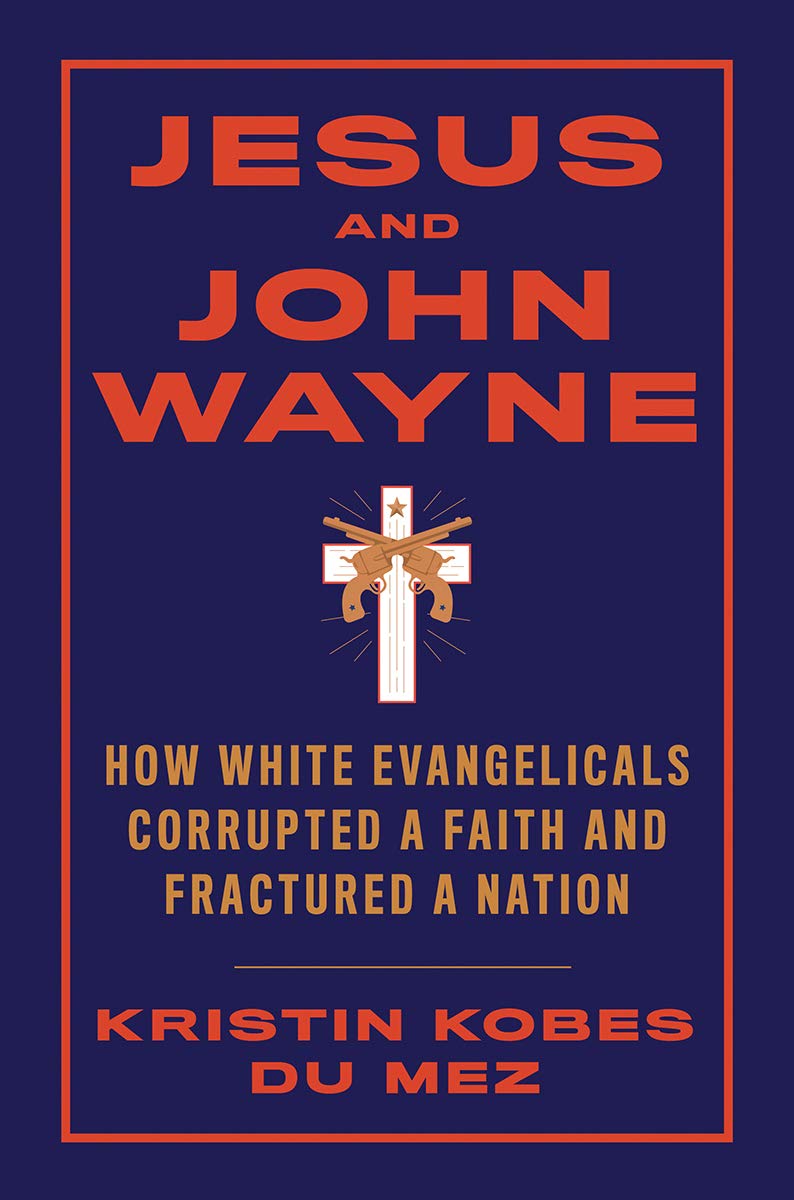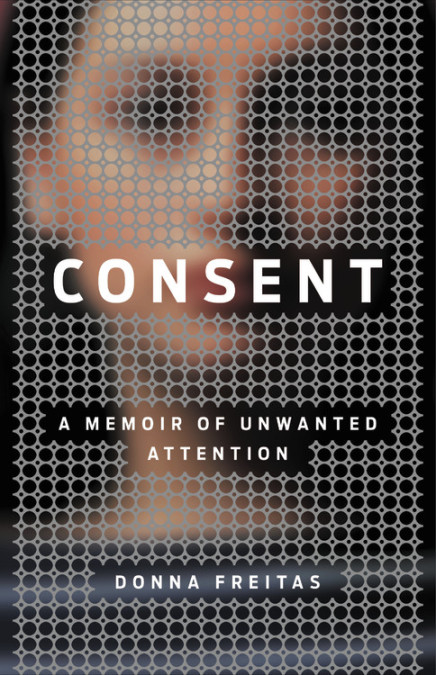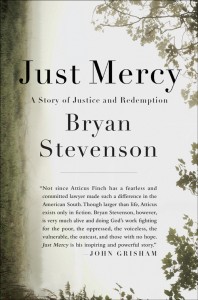This blog post is modified from a service I co-led at my UU Congregation on August 23, 2015. The theme of the service was “Building A New Way” – the same as this years UU General Assembly. I and others who attended reported back to the congregation on our experiences. Although the events described happened almost two months ago, they still weigh heavily on my mind and my heart.
This past June I attended my second Unitarian Universalist General Assembly. It was a rewarding experience. I got to see Portland, Oregon, a place I had wanted to visit for years. The Rose City charmed me with it’s magnificent gardens, strong coffee, and hipster bohemian vibe.
I proudly carried the banner for my congregation in the banner parade, and I said hello to friends I had not seen in years.
I watched UUA President Peter Morales call up all of the same sex couples in attendance to the stage to celebrate the Supreme Court ruling which struck down bans on same sex marriage throughout our country. People sang and danced with joy.
I attended an event where members of the Lumi nation told us of the destruction that coal mining was threatening to do to their land, and I got to see Civil Rights hero John Lewis accept an award from the UU Service Committee.
I participated in my second General Assembly Sunday morning worship service, where Rev Alison Miller brought me to tears with her eloquence and I got a taste, just for a minute of what a UU megachurch might be like.
But what stayed with me the most, what I know will stay with me the longest, is something that happened hours before the convention drew to a close. Every year at General Assembly, the delegates vote on three actions of immediate witness or AIW. During the first few days, anyone can propose an AIW and collect signatures for them. Later a vote is taken on the AIWs that meet the criteria and the three with the most votes are brought up again on Sunday afternoon for final approval. The first AIW passed quickly – End Immigrant Child and Family Detention Now. The second had a few minor amendments “Support a Strong, Compassionate Global Climate Agreement in 2015: Act for a Livable Climate.” The third one though, “Support the Black Lives Matter Movement” That took a while.
Our statement on Immigration was approved in 90 seconds. Climate change? Six minutes.
But the General Assembly of the Unitarian Universalist Association took one hour and forty five minutes to affirm that Black Lives Matter.
The main controversy was over the portion of the action which stated that it “encourages member congregations and all Unitarian Universalists to work toward police reform and prison abolition.”
Prison abolition can sound like a scary concept if you’ve never heard of it. Perhaps it conjures visions of the horror film “The Purge” where society suspends all laws for 24 hours. Murderers and rapists would rampage about destroying society. That’s not what prison abolition is.
I like to say that my motto is “Word have meanings, context matters.” And context in this case is everything.
The prison abolition movement is a movement that seeks to reduce or eliminate prisons and the prison system, and replace them with more humane and effective systems. Delegates in favor of the statement tried to explain this, but it was very difficult for them to be heard. People were so caught up in what they thought prison abolition meant, they were risking the passage of the AIW at all.
When I returned home, I educated myself further – I read “Are Prisons Obsolete?” and “Abolition Democracy” by Angela Davis. And what I begun to understand is that the prison abolition movement is about moving away from a punitive system which seeks to punish those who have done wrong to a rehabilitative, restorative system where the outcomes look more like justice than vengeance.
During the debate at General Assembly, Elandra Williams, a Black Lives Matter activist from Tennessee spoke powerfully when she said “Jails aren’t a solution. If you pass something weak, you’ve passed nothing at all. If you pass it to make yourself feel good, you didn’t do it. It means nothing. Fight for what we asked for, not for what you want.”
Another speaker said “To be good allies, we should not try to lead when we ought to follow.” And that was the heart of the matter. Were we making a statement of support and solidarity with the Black Lives Matter movement? Or were we telling the Black Lives matter movement what we wanted them to do?
The Youth Caucus started to tell people that if the prison abolition language was removed, they would be withdrawing the AIW altogether.
There were votes and recounts and procedural mayhem. The tension in the room was palpable. Being a religious organization, there were breaks so that people might cool down. Moments of silence, prayers for guidance. Someone ran out to find Matt Meyer. He took the stage and led us all in meditative singing.
I wanted to do what was right, even if it seemed hard. I tweeted, “I want a faith that challenges me. The idea of prison abolition pushes me out of my comfort zone but I want to get there so I’ll vote for it.”
Eventually, eventually, there was a compromise. Through some parliamentary jujitsu we left in the words “prison abolition” and added after them in parenthesis “which seeks to replace the current prison system with a system that is more just and equitable.”
The motion passed, and I know I was not the only one who felt exhausted.
I’ve been attending my UU Congregation since 2008, I signed the book in 2009. But I know my history. This is not the first time that Black UUs have told our denomination that they are not being heard. And sadly, I don’t think it will be the last.
Some UU Congregations have posted “Black Lives Matter” signs in front of their congregations. Some of those signs, like the one in River Road Unitarian Universalist Congregation in Bethesda Maryland have been vandalized. Members of the congregation were shocked but undeterred. According to a local ABC news affiliate, “In a couple of days, the church said the damaged banner will be replaced with another one with the very same message. If vandalism happens again, congregants said they will only put up another sign.” That article was published on July 30. True to their word, RRUUC put up another sign. On Tuesday, August 11, it was vandalized again. They put up a third sign. On Tuesday August 18th, that third sign was reported stolen. RRUUC plans to put up a fourth sign.
Building a new way means supporting emerging social and civil rights movements that are in accordance with our values.
At the Starr King’s Annual President’s Lecture at this year’s General Assembly, Rev. Rosemary Bray McNatt suggested Robin DiAngelo’s essay “White Fragility” for allies who don’t know where to start. It’s available free online and I encourage everyone to read it.
New York City based writer, social worker and activist Feminista Jones organized the “National Moment of Silence” last year – a vigil for victims of police brutality. Last week she started the hashtag #NoMoreSilence encouraging people to speak out. She wrote “You can tweet that Black Lives Matter but imagine the impact when you add a councilwoman’s name? A state senator? What if you emailed your local representative every single week demanding action re: police brutality? When was the last time you talked to your councilperson? The person you elected? Do you know their names?”
This month’s edition of UU World, contains an article “Five ways UUs can support the black lives matter movement” by Kenny Wiley. He writes “It is imperative, whatever our level of education or our privileges, that none of us looks away. If we are to live up to our First Principle, and truly honor the inherent worth and dignity of every person, then we must proclaim, with words and deeds, that black lives matter.”






